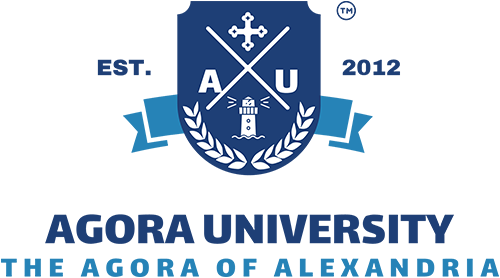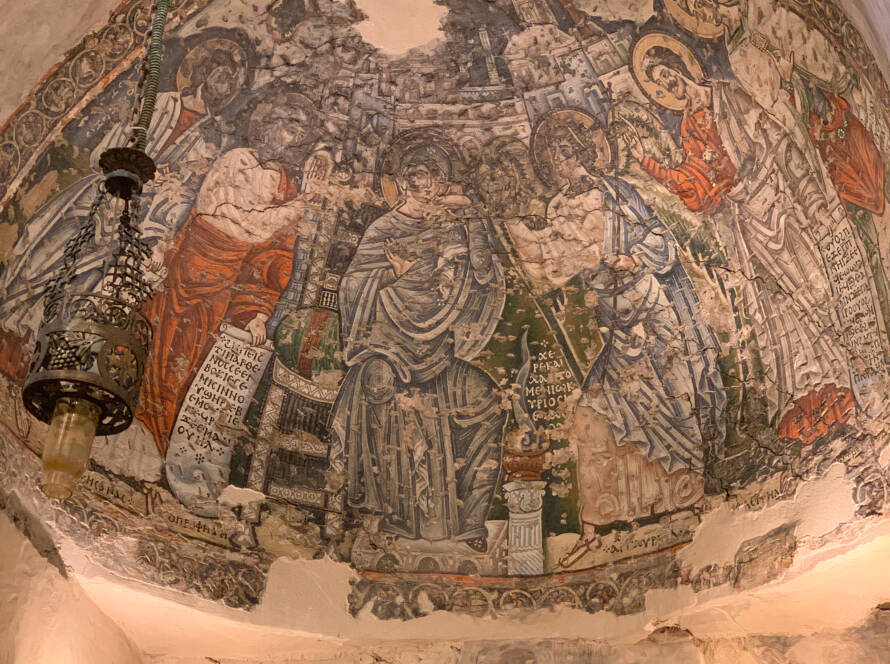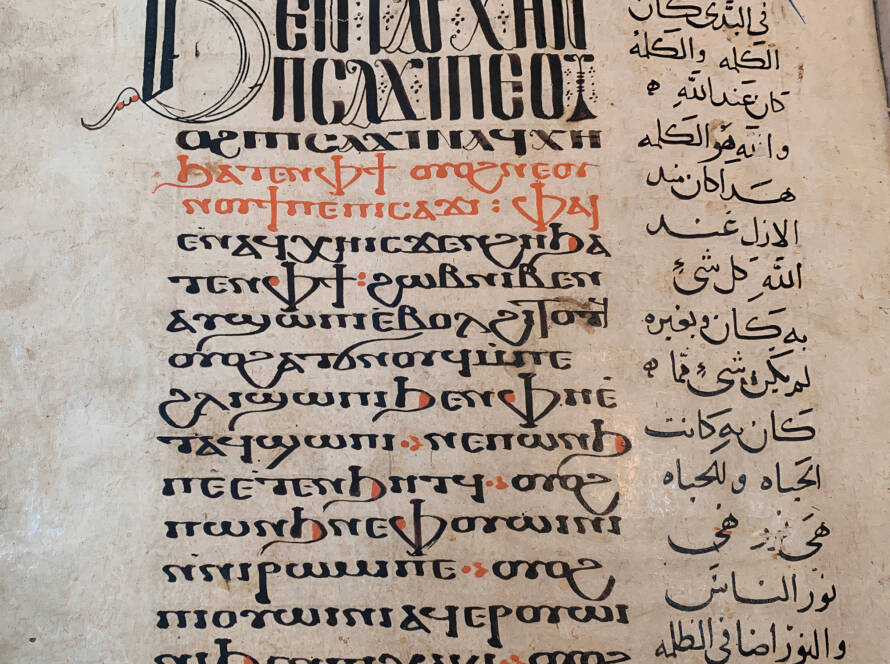Last updated 03.27.2025
Doctorate of Theology Overview The Doctor of Theology (ThD) program aims to develop advanced theological researchers trained in the theological discourse of Eastern Christian traditions, preparing future leaders in interdisciplinary…
Master of Theological Studies Overview The Master of Theological Studies degree is designed for a wide range of learners and attracts a diverse profile of students ranging from moms to…
Certificate in Servant Enrichment Overview The Certificate in Servant Enrichment is a short-term graduate program focused on enriching the knowledge base of those serving Eastern Christian communities. The program provides…
Certificate in Contemporary Studies Overview The Certificate of Contemporary is a short-term graduate program focused on the intersection of contemporary studies and Eastern Christian communities. The program provides students customizable…
Certificate in Eastern Christian History Overview The Certificate of Eastern Christian History is a short-term graduate program focused on the history of Eastern Christian communities. The program provides students customizable…
Agora University’s degree programs were fully accredited in the European Union.







